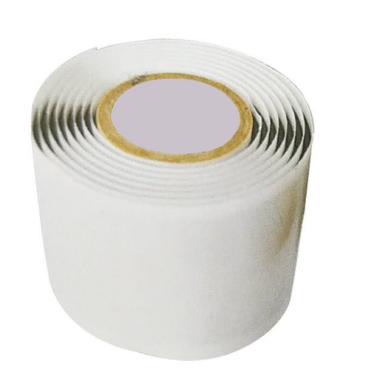Understanding PVC Electrical Insulation Key Features and Benefits
Polyvinyl chloride (PVC) has become one of the most widely used materials for electrical insulation due to its remarkable properties, versatility, and cost-effectiveness. As an essential component in the electrical and electronics industry, PVC insulation plays a crucial role in enhancing the performance and safety of electrical systems. This article explores the key features and benefits of PVC electrical insulation, highlighting its importance in various applications.
Exceptional Insulating Properties
One of the primary reasons for the widespread adoption of PVC in electrical insulation is its excellent insulating properties. PVC is a non-conductive material, which means it effectively prevents the flow of electricity. This property is crucial for safe electrical wiring, ensuring that current does not leak, which could lead to short circuits or electrical shocks. The high dielectric strength of PVC allows it to withstand high voltages without conducting electricity, making it ideal for various electrical applications.
Durability and Resistance
PVC insulation also offers exceptional durability. It is resistant to moisture, chemicals, and physical wear, ensuring that electrical wiring remains protected even in harsh environments. This resistance extends the lifespan of electrical cables and devices, reducing the need for frequent replacements. In outdoor applications, PVC can withstand exposure to UV light and weathering, making it a preferred choice for cables used in outdoor installations.
Moreover, PVC is inherently flame-retardant. This characteristic is critical in electrical installations, as it helps to minimize the risk of fire in the event of an electrical fault. Many PVC-insulated cables adhere to strict fire safety regulations, providing an additional layer of protection in residential, commercial, and industrial settings.
pvc electrical insulation

Versatility Across Industries
PVC's versatility makes it suitable for a wide range of applications. It is commonly used in residential wiring, commercial installations, and industrial machinery. From power cables to control and communication wires, PVC insulation can be found in various electrical products. Its adaptability also extends to different temperatures and environmental conditions, providing reliable performance in diverse settings.
In addition to traditional applications, PVC insulation is increasingly used in renewable energy systems, such as solar panels and wind turbines. As the world shifts towards more sustainable energy solutions, the demand for reliable and durable insulation materials like PVC continues to grow.
Cost-Effectiveness
From a financial perspective, PVC is an economical choice for electrical insulation. The manufacturing processes for PVC are well-established, leading to lower production costs compared to other insulating materials. As a result, PVC-insulated products are often more affordable, making them accessible for a wide range of consumers and industries. The combination of lower initial costs and the longevity of PVC insulation makes it a cost-effective option in the long term.
Conclusion
In summary, PVC electrical insulation offers a multitude of benefits that contribute to its widespread use in the electrical industry. Its excellent insulating properties, durability, resistance to adverse conditions, versatility across applications, and cost-effectiveness make it an ideal choice for electrical wiring and equipment. As technology evolves and the demand for reliable electrical solutions increases, PVC insulation will undoubtedly remain a cornerstone of electrical safety and efficiency. Whether in homes, offices, or industrial environments, understanding and utilizing PVC electrical insulation can lead to safer and more effective electrical systems.
-
XIANGFAN Rubber Tape-Ultimate Solutions for All Your Insulation NeedsNewsJun.24,2025
-
XIANGFAN Rubber Tape-Protection for Industrial and Residential ApplicationsNewsJun.24,2025
-
XIANGFAN Rubber Tape: Superior Safety and Sealing for Demanding EnvironmentsNewsJun.24,2025
-
XIANGFAN Rubber Tape: Reliable Solutions for Every Electrical ChallengeNewsJun.24,2025
-
XIANGFAN Electrical & Industrial Tape: Powering Reliability Across IndustriesNewsJun.24,2025
-
XIANGFAN Electrical & Industrial Tape: Excellence in Every ApplicationNewsJun.24,2025
